Table of Contents
Introduction
Volodymyr Zelenskyy, the sixth president of Ukraine, is a figure whose life story captivates the world. Born into a modest family in Soviet Ukraine, Zelenskyy rose from a career in comedy and entertainment to lead his nation through one of its darkest chapters—the Russian invasion that began in 2022. This Volodymyr Zelenskyy biography traces his journey from a small-town upbringing to the presidency, exploring his early life, entertainment career, political ascent, and transformation into a global symbol of resilience. As of February 22, 2025, his leadership continues to shape Ukraine’s destiny and inspire millions.
Early Life: Roots in Soviet Ukraine
Volodymyr Oleksandrovych Zelenskyy was born on January 25, 1978, in Kryvyi Rih, a gritty industrial city in what was then the Ukrainian Soviet Socialist Republic. His parents, Oleksandr Zelenskyy and Rymma Zelenska, were both of Jewish descent, a heritage that would later mark him as Ukraine’s first Jewish president. Oleksandr was a professor of cybernetics and computing at Kryvyi Rih State University of Economics and Technology, while Rymma worked as an engineer. Despite their intellectual professions, the family lived modestly, reflecting the realities of Soviet life.
When Volodymyr was a toddler, his family moved to Erdenet, Mongolia, where his father worked on a construction project for four years. Returning to Kryvyi Rih, Zelenskyy began school at age five, growing up as a native Russian speaker—a common trait in Ukraine’s Dnipropetrovsk region. His childhood was shaped by the Soviet system, including membership in the “October’s Children” communist youth group and a strict school environment where uniforms symbolized ideological conformity. Yet, even as a young boy, Zelenskyy displayed charisma and a flair for performance, often singing rock songs with friends in the town courtyard.
The collapse of the Soviet Union in 1991, when Zelenskyy was 13, marked a seismic shift in his world. Overnight, the rigid communist structure dissolved, opening new possibilities. This pivotal moment in the Volodymyr Zelenskyy biography ignited a sense of freedom that would later influence his creative and political pursuits.
Education and Early Career: A Path to the Stage
Zelenskyy excelled academically, graduating from high school with strong grades. In 1995, he enrolled at the Kryvyi Rih Economic Institute, a branch of Kyiv National Economic University, earning a law degree in 2000. However, law was never his passion. While a student, he immersed himself in theater, a decision that would define his early career.
In 1997, Zelenskyy co-founded Kvartal 95, a comedy troupe named after his childhood neighborhood in Kryvyi Rih. The group gained fame competing in KVN (Club of the Funny and Inventive People), a popular Soviet-era improv comedy show broadcast across the Commonwealth of Independent States. Zelenskyy’s wit, energy, and ability to connect with audiences propelled Kvartal 95 to the KVN finals, establishing him as a rising star. By 2003, he transitioned from performer to producer, co-founding Studio Kvartal 95, a production company that would become one of Ukraine’s most successful entertainment ventures.
This phase of the Volodymyr Zelenskyy biography highlights his knack for leadership and creativity—skills that later translated into politics. His early works included films like No Love in the City (2009), where he starred and co-wrote the script, and TV shows that showcased his comedic talent. Yet, it was a single role that would change his trajectory forever.
Servant of the People: Life Imitates Art
In 2015, Zelenskyy starred in Servant of the People, a satirical TV series produced by Kvartal 95. He played Vasyl Petrovych Holoborodko, a humble schoolteacher who rants against corruption, goes viral, and unexpectedly becomes Ukraine’s president. The show, which aired on the 1+1 network, was a massive hit, resonating with Ukrainians frustrated by oligarchic influence and government inefficiency. For three seasons, Zelenskyy embodied an everyman fighting for justice—a role that blurred the lines between fiction and reality.
The series’ popularity reflected Ukraine’s socio-political climate. After the 2014 Euromaidan uprising ousted pro-Russian President Viktor Yanukovych, the country grappled with war in Donbas, Russian annexation of Crimea, and entrenched corruption. Incumbent President Petro Poroshenko, elected in 2014, struggled to deliver reforms, leaving many disillusioned. Servant of the People tapped into this discontent, and Zelenskyy’s portrayal of an outsider challenging the elite struck a chord.
In a twist of fate, the show birthed a political party. In March 2018, Kvartal 95 members registered the Servant of the People party, setting the stage for Zelenskyy’s leap into politics. This moment in the Volodymyr Zelenskyy biography underscores how his entertainment career became a stepping stone to power.
Political Rise: The 2019 Presidential Campaign
On December 31, 2018, Zelenskyy announced his candidacy for president during a New Year’s Eve broadcast on 1+1, preempting Poroshenko’s traditional address. With no prior political experience, he positioned himself as an anti-establishment figure, promising to end corruption, boost the economy, and resolve the Donbas conflict. His campaign was unconventional—eschewing rallies for comedy tours with Kvartal 95 and relying heavily on social media to reach voters.
Critics dismissed him as a lightweight, pointing to his lack of policy specifics and reliance on his TV persona. Yet, his relatability and outsider status resonated. In the April 2019 election, Zelenskyy won a landslide victory, securing 73.22% of the vote in the second round against Poroshenko. At 41, he became Ukraine’s youngest president, inaugurated on May 20, 2019.
The Volodymyr Zelenskyy biography reveals a campaign fueled by public frustration and hope. His victory reflected a desire for change in a nation weary of war and stagnation, though few could predict the trials awaiting him.
Early Presidency: Challenges and Controversies
Zelenskyy’s first years in office were a baptism by fire. He inherited a country divided by war and economic woes, with high expectations from a populace that saw him as a reformer. His initial moves included dissolving parliament for early elections, where his Servant of the People party won a majority, and appointing allies—some from Kvartal 95—to key roles, raising concerns about cronyism.
In July 2019, Zelenskyy faced an international scandal when U.S. President Donald Trump pressured him during a phone call to investigate Joe Biden and his son Hunter, tying it to military aid. The call sparked Trump’s first impeachment, thrusting Zelenskyy into global headlines. He navigated the situation diplomatically, denying coercion while maintaining Ukraine’s alliance with the U.S.
Domestically, Zelenskyy struggled to deliver on promises. Efforts to end the Donbas war faltered despite a 2020 ceasefire, and corruption persisted. The COVID-19 pandemic further strained his administration, clashing with local leaders over lockdowns. By 2021, his approval ratings dipped, and critics questioned his preparedness. Yet, this phase of the Volodymyr Zelenskyy biography was merely a prelude to his defining moment.
The Russian Invasion: A Wartime Leader Emerges
On February 24, 2022, Russia launched a full-scale invasion of Ukraine, aiming to topple Zelenskyy’s government. As Russian troops advanced on Kyiv, the U.S. offered to evacuate him. His response—“I need ammunition, not a ride”—became iconic, signaling his resolve to stay and fight. This decision transformed Zelenskyy from a faltering politician into a wartime leader.
Rejecting exile, Zelenskyy remained in Kyiv, delivering video addresses from the streets and bunkers. Clad in military green, he rallied Ukrainians with messages of defiance, like “Glory to Ukraine,” while appealing to the world for support. His communication skills, honed in entertainment, proved vital—virtual speeches to the U.S. Congress, the UN, and other bodies garnered billions in aid and sanctions against Russia.
Under his leadership, Ukraine repelled Russia’s initial assault on Kyiv, liberated territories like Kharkiv, and launched a 2023 counteroffensive. Zelenskyy visited frontlines, from Bucha to Izium, honoring troops and exposing Russian atrocities. Martial law, enacted in 2022, postponed elections scheduled for 2024, extending his term amid war—a move broadly supported domestically.
This chapter of the Volodymyr Zelenskyy biography showcases his evolution. Once mocked as a novice, he earned comparisons to Winston Churchill, galvanizing a nation and its allies against overwhelming odds.
Personal Life: Family and Resilience
Behind Zelenskyy’s public persona is a supportive family. In 2003, he married Olena Zelenska, a writer and architect he met in school. They have two children: Oleksandra (born 2004), who appeared in Zelenskyy’s 2014 film 8 New Dates, and Kyrylo (born 2013). Olena, Ukraine’s first lady, has championed cultural and humanitarian causes, standing by her husband through war’s tumult.
Zelenskyy’s family faced danger during the invasion, with Russian forces targeting them. Yet, they remained in Ukraine, embodying the resilience he projects. His Jewish heritage adds depth to his story—his grandfather, Semyon, fought in World War II, while other relatives perished in the Holocaust. This legacy informs Zelenskyy’s stance against tyranny.
Legacy and Global Impact
As of February 22, 2025, Zelenskyy’s legacy is still unfolding. His greatest success is Ukraine’s survival—forging national unity, securing Western support, and resisting Russia’s aggression. His failures, critics argue, include pre-war military unpreparedness and an overreliance on charisma over strategy. Yet, his ability to adapt—from negotiating ceasefires to authorizing strikes inside Russia—demonstrates pragmatism.
Globally, Zelenskyy is a symbol of democracy under siege. His speeches have inspired millions, while his leadership has shifted NATO’s focus eastward. Domestically, he bridges Ukraine’s linguistic and cultural divides, championing a civic identity over ethnic nationalism.
Key Milestones in Volodymyr Zelenskyy’s Biography
- 1978: Born in Kryvyi Rih, Soviet Ukraine.
- 1997: Co-founds Kvartal 95 comedy troupe.
- 2015: Stars in Servant of the People.
- 2019: Elected president with 73.22% of the vote.
- 2022: Leads Ukraine against Russian invasion.
- 2024: Term extended under martial law.
Conclusion: Why Volodymyr Zelenskyy’s Biography Resonates
The Volodymyr Zelenskyy biography is a tale of transformation—from a comedian bringing laughter to a leader bearing a nation’s burdens. His journey reflects Ukraine’s struggle for sovereignty and identity, resonating with anyone who values courage and hope. As war persists, Zelenskyy’s story remains a testament to the power of resolve, making it essential reading for understanding our times.
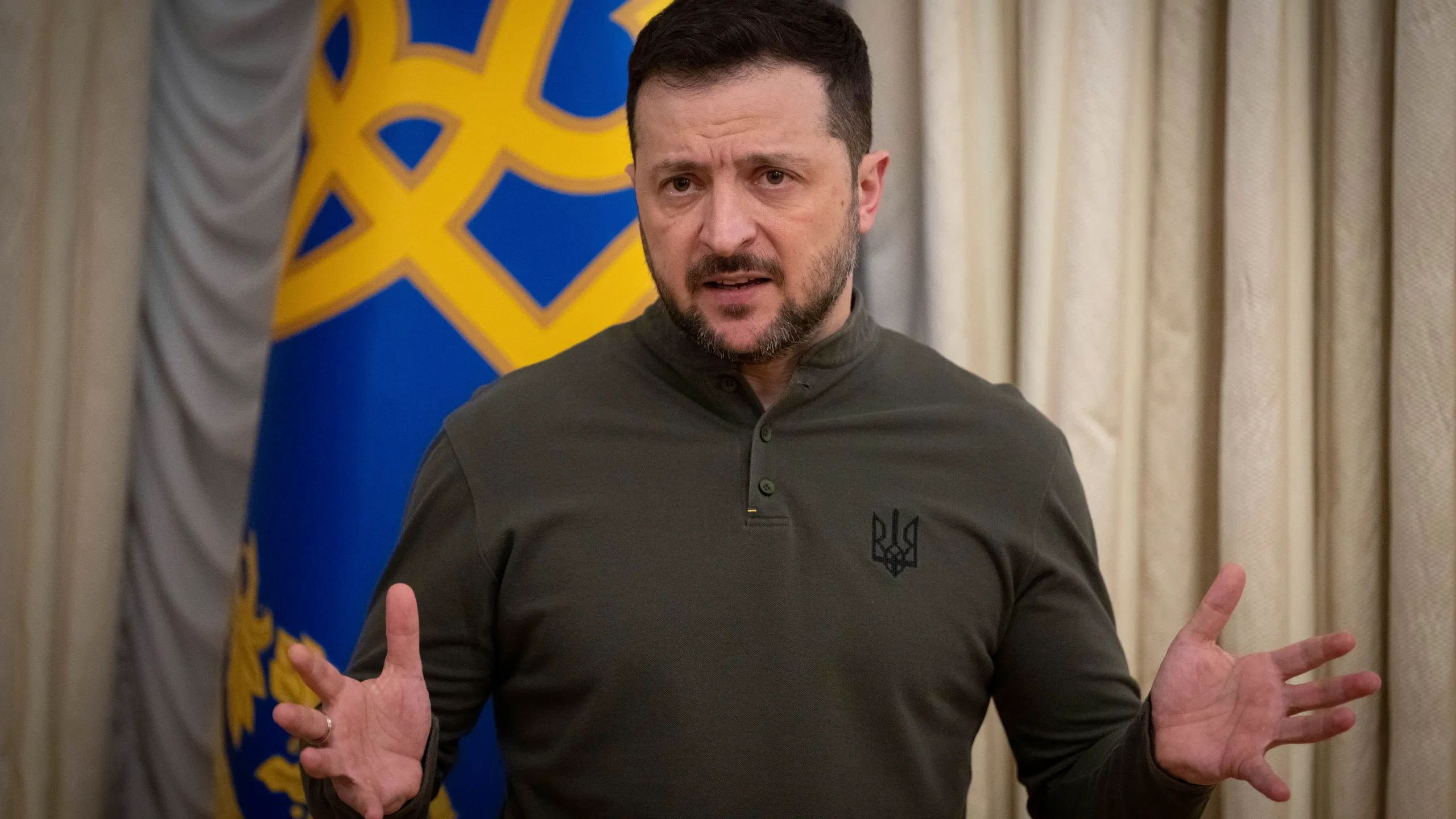
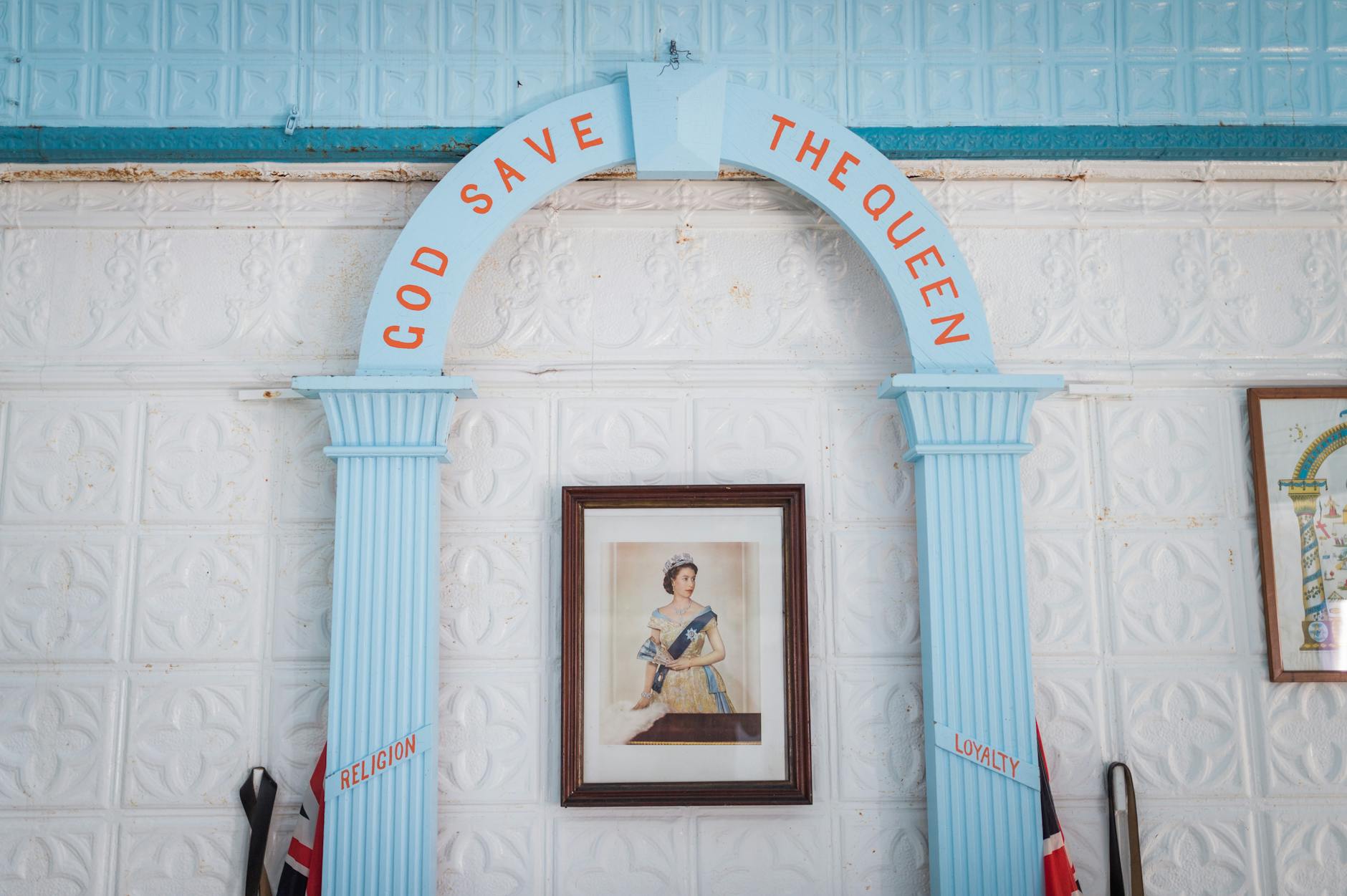
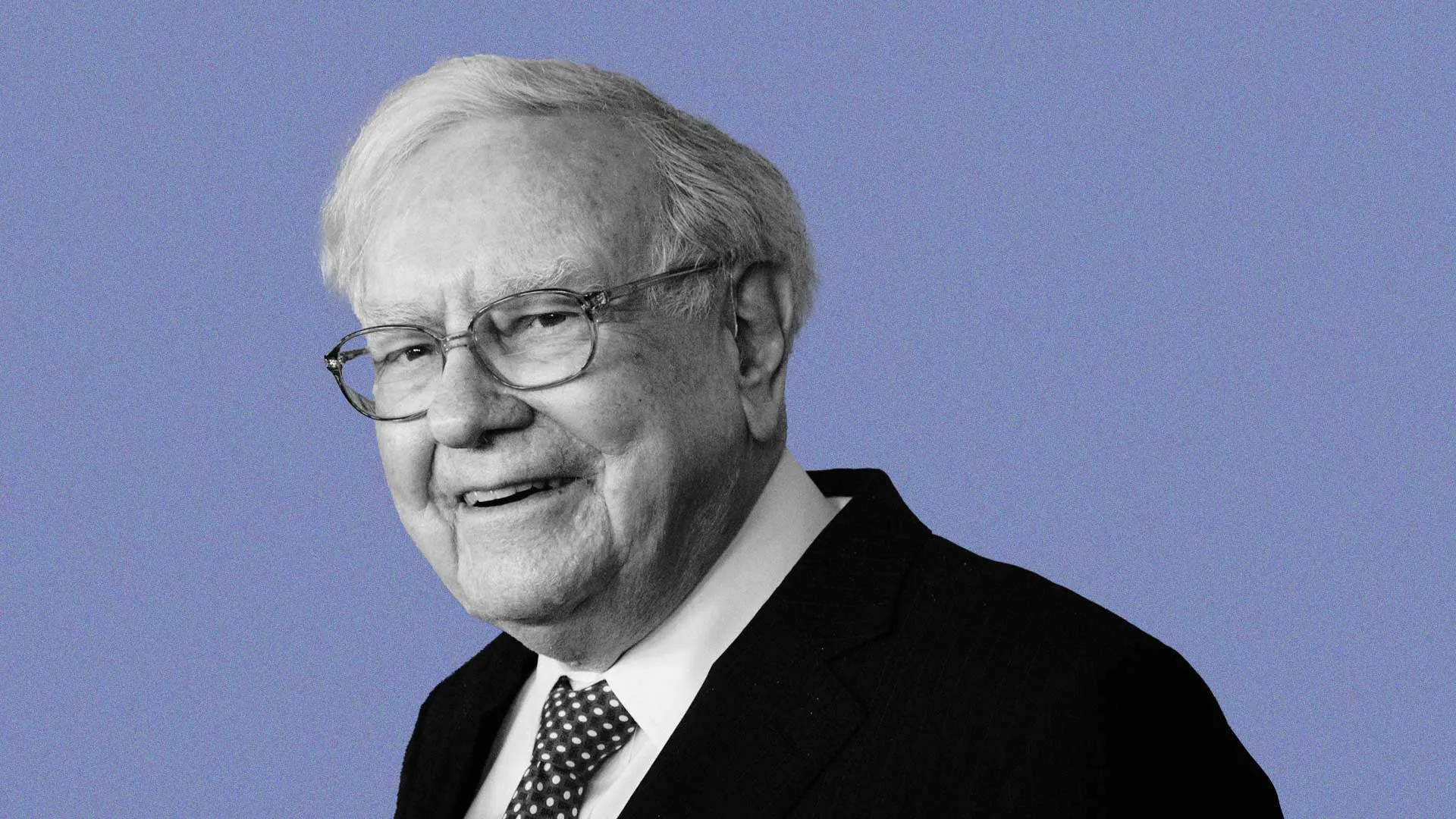
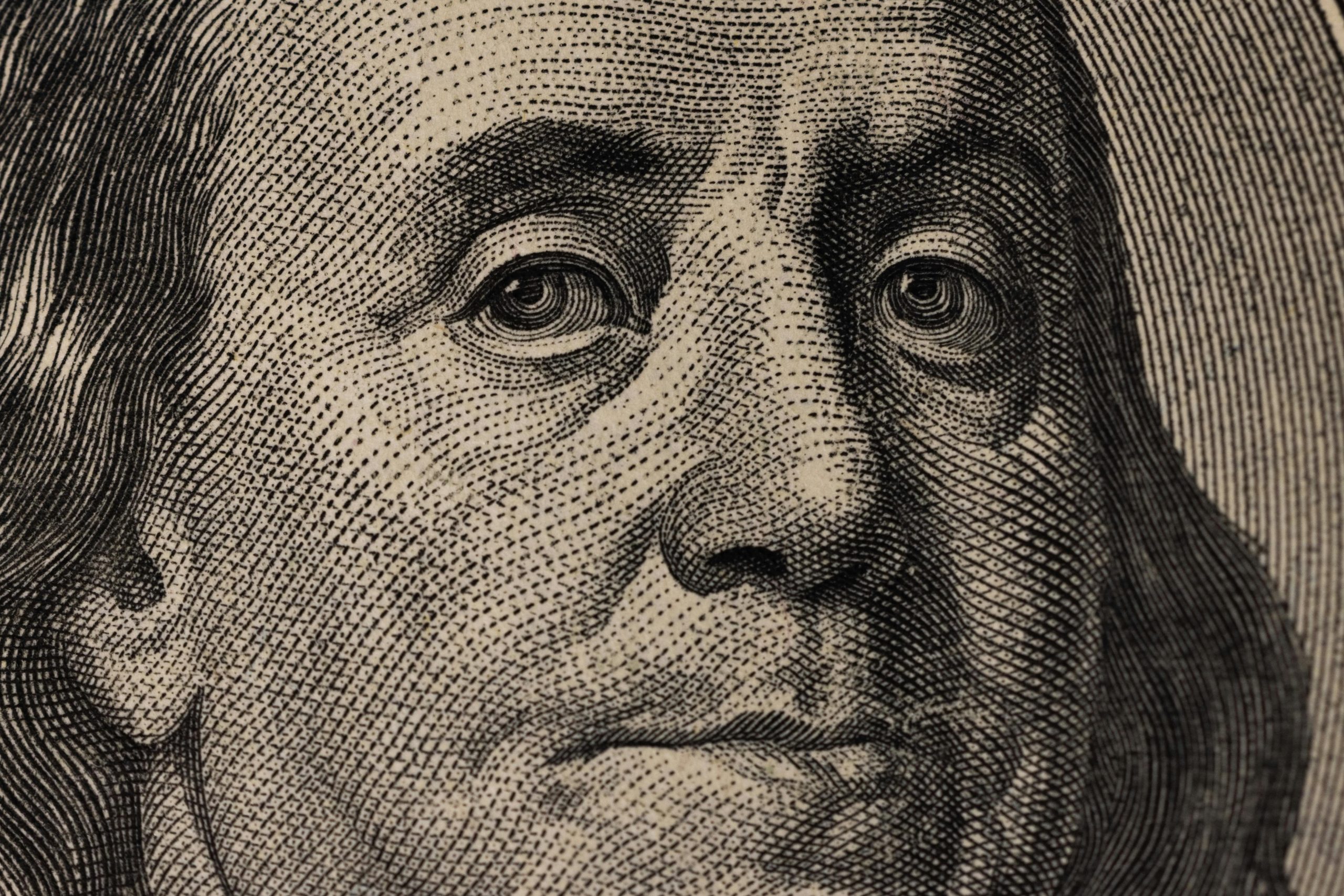
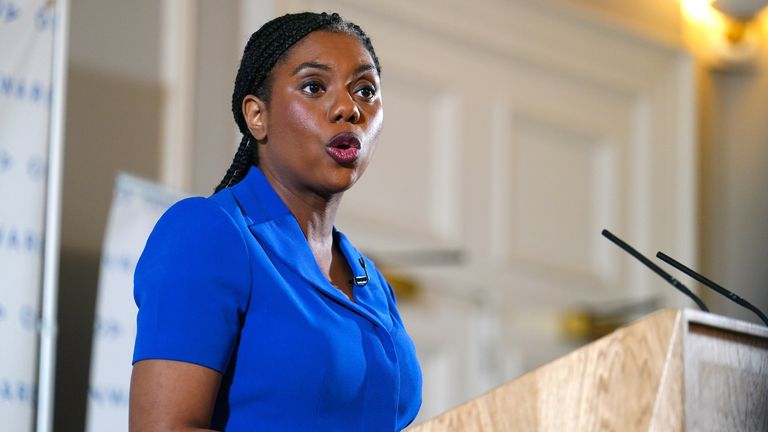
One thought on “Volodymyr Zelenskyy Biography: From Comedian to Ukraine’s Wartime Leader”
Comments are closed.